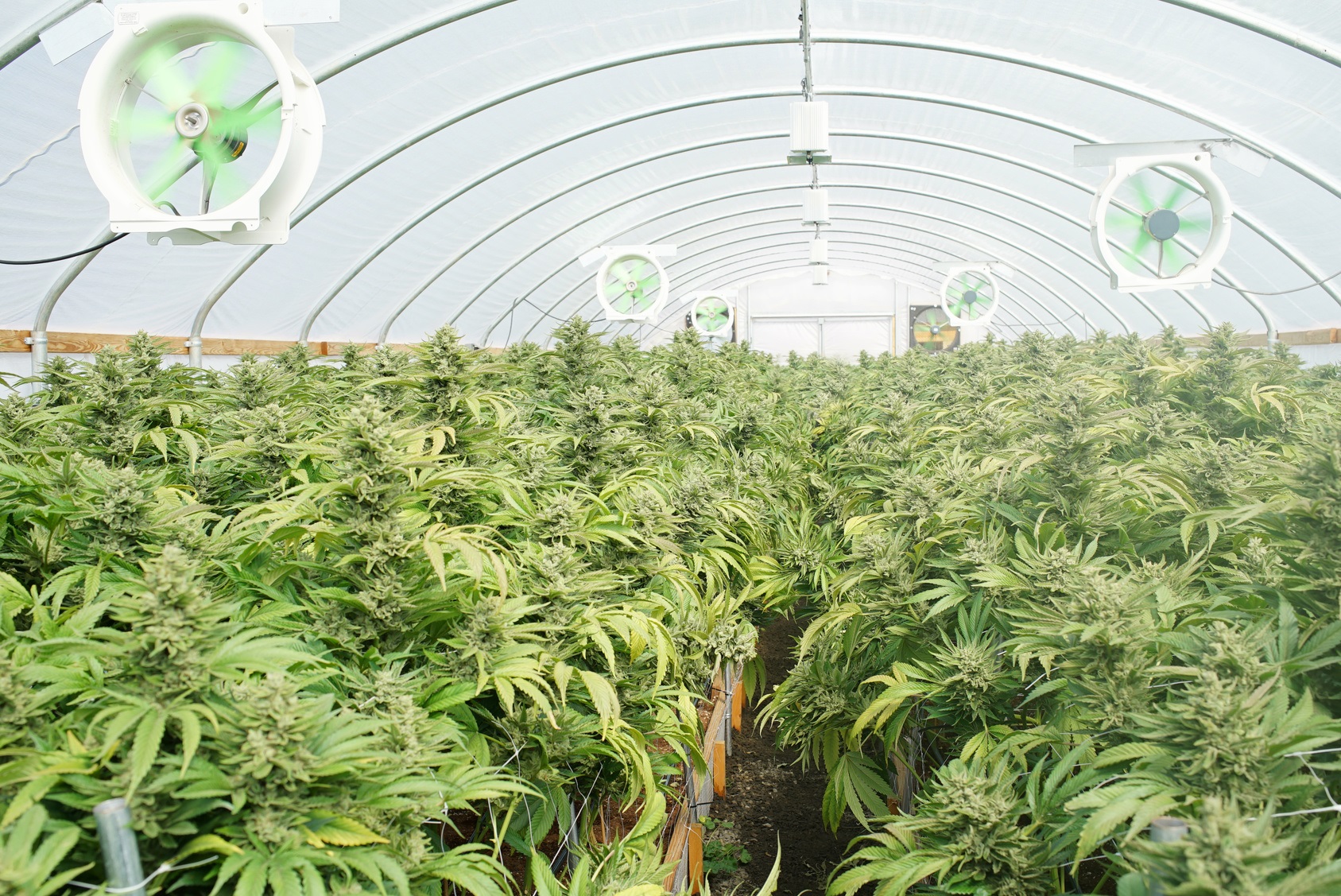Ontario Moves Closer to Marijuana Legalization

On November 1, 2017, the Government of Ontario introduced Bill 174, Cannabis, Smoke-Free Ontario and Road Safety Statute Law Amendment Act, 2017. If passed, Bill 174 will enact, amend and replace legislation applicable to the sale, distribution and use of cannabis in the province of Ontario.
Given that Ontario will have a dominant market share when recreational cannabis is legalized, Bill 174’s proposed framework is likely to have national implications for the cannabis industry.
Bill 174 is largely consistent with the Government of Ontario’s previously articulated framework and will, among other things:
- Establish and grant the Ontario Cannabis Retail Corporation (the “OCRC”) with the exclusive right to sell recreational cannabis in Ontario, which will be a subsidiary of and overseen by the Liquor Control Board of Ontario (the “LCBO”). The OCRC will sell recreational cannabis through stand-alone retail stores and an online order service. As noted in our September bulletin, the Government of Ontario plans to open approximately 150 standalone retail stores by 2020, including 80 by July 2019. In addition to the standalone retail locations, Bill 174 will permit the OCRC to open agency stores, similar to the LCBO’s agency stores, which allow for alcohol sales in grocery stores and other businesses in rural areas. In recent public statements, the Attorney General indicated that the OCRC will likely operate under another name and will also sell cannabis paraphernalia.
- Prohibit consumption of recreational cannabis in a public place, a workplace, a vehicle or boat, among other places, similar to alcohol (subject to certain exemptions). In addition, the smoking or holding of lighted medical cannabis and the use of an electronic cigarette will also be prohibited in, among other places, an enclosed public place, an enclosed workplace, a school, the indoor common area in a condominium, apartment building, or university or college residence, and the reserved seating area of sporting arenas or entertainment venues (subject to certain exemptions). The Government of Ontario may consider at some unspecified later date the possibility of permitting designated establishments that allow the indoor public consumption of recreational cannabis.
- Establish a penalty structure for contraventions of the Cannabis Act, 2017, which includes both fines and possible imprisonment. Specifically, individuals convicted for the first time of unlawfully selling or distributing cannabis may be subject to a fine of up to $100,000 and/or up to two years less a day imprisonment. Businesses similarly convicted for the first time may be subject to fines ranging from $25,000 to $1 million. In addition, individuals convicted for the first time of unlawfully consuming cannabis in a public place may be subject to a fine up to a $1,000. The fines would increase for subsequent convictions. In October, the Government of Ontario held an enforcement summit. It is expected that the Government of Ontario will aggressively enforce the proposed legislation, once enacted.
- Impose a minimum age of 19 to use, buy, possess and cultivate recreational cannabis.
The Government of Ontario is the first Canadian jurisdiction to present proposed legislation regarding the sale, distribution and use of cannabis. It will be interesting to see whether the models proposed by other provinces and territories mirror that of Ontario (as the first and largest mover) and how industry participants respond to or lobby for different models.


